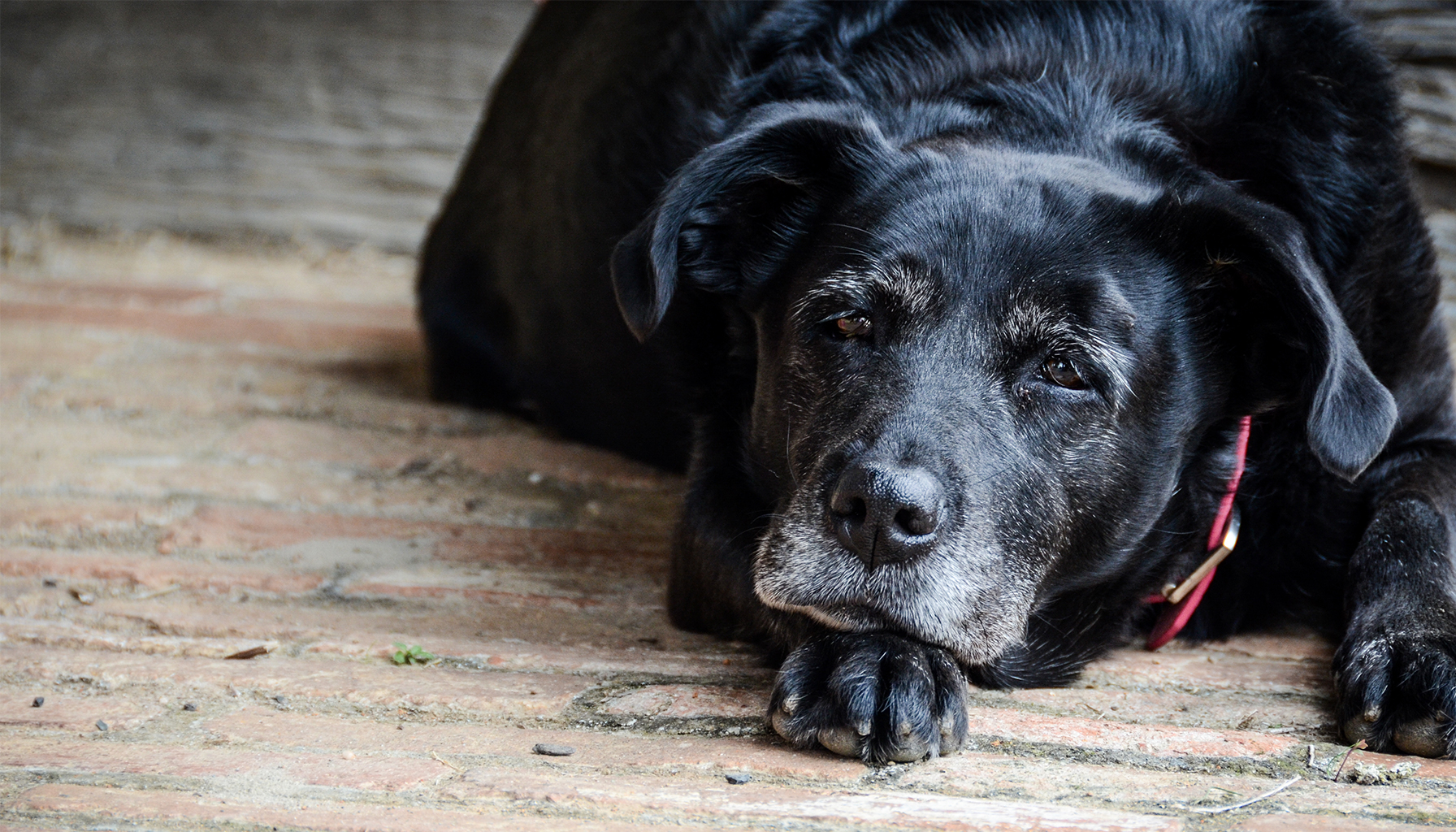Home>Health & Wellness>Common Health Issues>Digestive Health>Navigating Through the Twilight Years: Understanding and Managing Old Dog Flatulence


Digestive Health
Navigating Through the Twilight Years: Understanding and Managing Old Dog Flatulence
Published: November 22, 2023
Does your aging pup have frequent flatulence? Read on to find out why this happens, learn about natural remedies that can provide relief, and help your furry friend transition into their twilight years with ease.
(Many of the links in this article redirect to a specific reviewed product. Your purchase of these products through affiliate links helps to generate commission for Pawsomeoldies.com, at no extra cost. Learn more)
As our beloved canine companions enter their golden years, they often bring with them a rather unexpected and somewhat embarrassing challenge: old dog flatulence. It’s a common issue among senior dogs, but why does it happen, and more importantly, how can we help our furry friends manage this discomfort? Let’s delve into the causes and explore natural remedies that can provide relief.
The Root Causes of Flatulence in Older Dogs
Understanding why your senior dog is more susceptible to gas is the first step. Several factors contribute to this issue:
- Dietary Factors: The type of food your dog consumes plays a critical role in their digestive health. Older dogs might have more sensitive stomachs, requiring easily digestible and high-quality dog food. Foods rich in fats, and certain vegetables are known to cause gas, and low-quality dog food can exacerbate flatulence.
- Exercise Deficiency: Regular physical activity is vital for maintaining a healthy digestive system. A sedentary lifestyle can lead to sluggish digestion, resulting in gas build-up. Even gentle exercise can stimulate their intestines and help alleviate gas issues.
Natural Strategies to Alleviate Your Dog’s Discomfort
Addressing old dog flatulence involves a holistic approach, combining diet, exercise, and sometimes medical intervention.
- Gradual Dietary Shifts: If you’re considering changing your dog’s diet, do it slowly. A sudden switch can lead to digestive upset and exacerbate flatulence issues. Introduce new food gradually over a week or so, allowing your dog’s digestive system to adjust.
- Incorporating Probiotics and Enzymes: Beneficial bacteria found in probiotics and natural enzymes aid digestion and reduce gas. Foods like plain yogurt and papaya can be great natural sources. These supplements support the gut flora and enhance the digestive process.
- Regulating Eating Speed: Dogs that eat quickly tend to swallow excess air, which can lead to gas. Smaller, more frequent meals and slow-feed dishes can help manage this. Observing your dog’s eating habits and adjusting them accordingly can prevent air swallowing, a common cause of flatulence.
- Herbal Remedies: Certain herbs like ginger, peppermint, and fennel have been known to aid digestion in dogs. These natural remedies can soothe the digestive tract and reduce gas formation. Incorporating these herbs into your dog’s diet can offer a gentle way to alleviate discomfort.
- Avoiding Gas-Inducing Foods: Even healthy foods can cause gas in some dogs. Limiting or avoiding foods like broccoli, cauliflower, and beans can help reduce flatulence. Every dog is unique, so understanding which foods trigger your dog’s gas is essential.
- Maintaining a Clean Environment: Keeping your dog away from trash and spoiled food is crucial for digestive health. Ensure your trash is secured and monitor your dog during walks to prevent them from ingesting anything harmful.
- Consulting a Veterinarian: If natural remedies don’t alleviate the problem, seek advice from a vet. They might recommend medications or supplements to manage severe flatulence effectively.
Final Thoughts: A Compassionate Approach to Senior Dog Care
Managing flatulence in older dogs requires patience, understanding, and a proactive approach. It’s not just about eliminating an unpleasant odor; it’s about ensuring the comfort and health of your aging pet. Regular vet visits, tailored diets, and a loving environment can make a significant difference in your senior dog’s quality of life. Embrace this stage of your dog’s journey with empathy and care, and you’ll provide them with the comfort they need in their twilight years.
